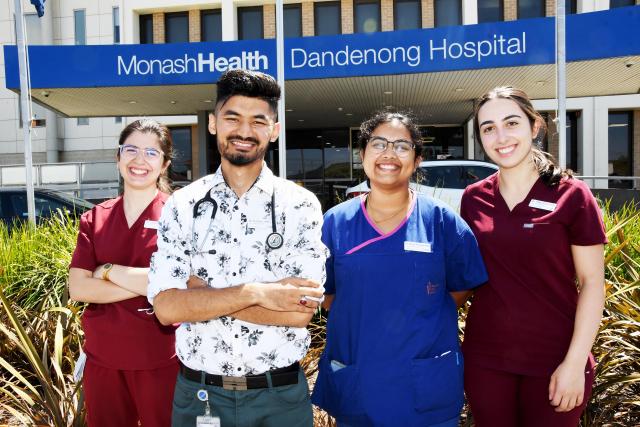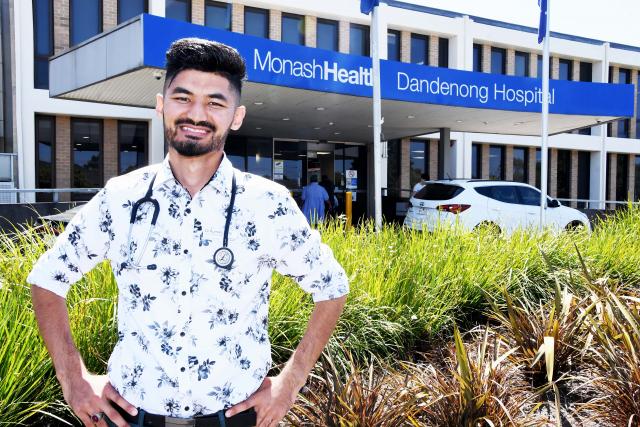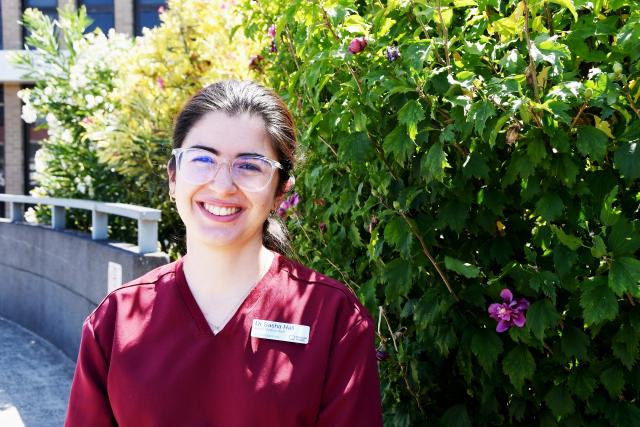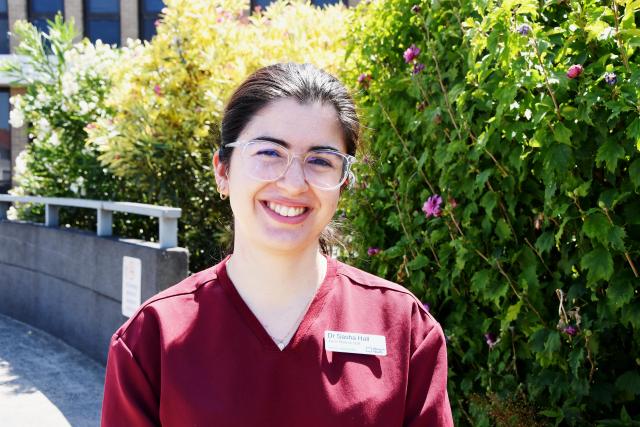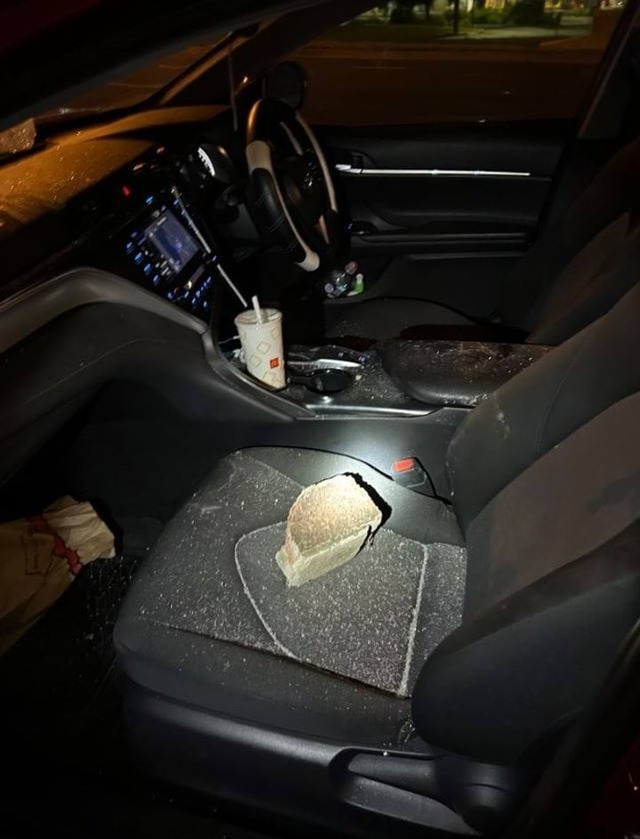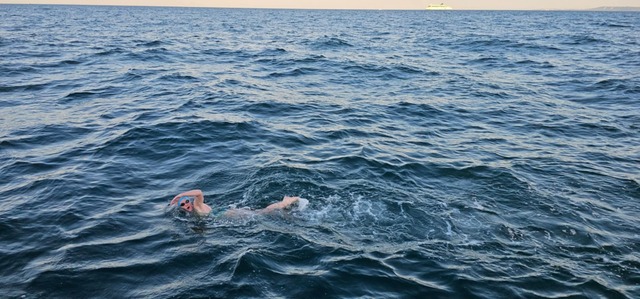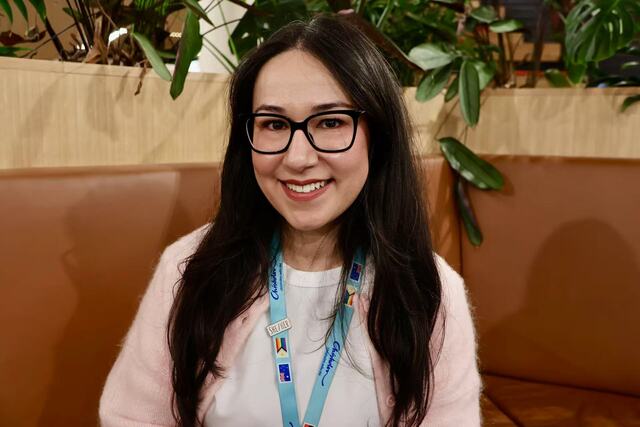A Dandenong former refugee, who speaks six languages, is among Monash Health’s largest-ever intake of graduates and interns in 2023.
Junior doctor Kumail Jaffry, based at Dandenong Hospital, had long harboured dreams of “saving lives” since growing up in Afghanistan and Pakistan.
He recalls marvelling at his friend’s father, who was a doctor. He’d try out the stethoscope, while hearing stories about the father’s medical deeds.
“We thought of him as a hero, someone that we could become in the future.”
As a Hazara, a people persecuted in their homeland, this was particularly profound and inspiring, Jaffry says.
“We weren’t able to pursue our dreams. Thinking about it was all we could do.”
His resolve was only strengthened when his family settled in Mildura. His youngest brother was admitted to a rural hospital after dropping boiling water on his legs during a road trip to Adelaide.
“I was fascinated by the passion and the expertise that the staff showed over there.”
He also recognised that the hospital suffered from a doctor shortage, and wanted to play a part in fixing that.
Jaffry plied himself to seven years studying biomed and medicine in Melbourne, and is now living in Dandenong.
“Monash Health was the ideal place to go personally but also professionally. It provides all the specialities.
“And I’m joining a multicultural workforce while seeing people I know in the community.”
Fluent in Dari, Urdu, Hindi, Farsi, Hazaraghi and English language, Jaffry lives by the motto of ‘Don’t give up and give back to the community’.
Outside of hospital, he has volunteered as a community champion encouraging Covid-safe behaviours. He’s also played for Monash Health’s cricket team during a refugee-rich All Nations Cup tournament.
“I’d love to continue to inspire the next generation of refugees and asylum seekers that come here.”
As for the future, he has a leaning for surgery.
Jaffry is among a bumper intake of 776 nursing, midwifery and mental health graduates, 124 junior doctors, 13 intern pharmacists and 50 allied-health graduates at Monash Health this year.
Joining him is junior doctor Sasha Hall, who also lives in the South East.
She started studying biomed law but switched to medicine in order to help people in need.
“We see people from all walks of life. You see them when they’re vulnerable and connect with them in a meaningful way.
“There’s something satisfying about operating on someone and then seeing them well afterwards post-surgery.”
After doing honours in prostate cancer research, Hall’s first years of hospital learning from 2020 were hindered by Covid restrictions.
She tells later crops of medical students how lucky they are and to experience as much as they can.
At Monash Health, she’s been delving deeply across its vast specialist fields and been inspired.
In the emergency department, doctors are so skilled at treating people in a time-poor environment, she says. Others in dermatology are adept in spotting skin cancers, while surgeons keep calm under the “most intense pressure.
“I’m learning to thrive under pressure. It’s so really chaotic – you don’t know what the day will bring. You have to prioritise the things that are most important and do them quickly.
“Monash Health was the (medical placement) that I like the most. It’s got the most opportunities, it’s got everything you’d want to do.
“If you’re undecided like me, you can explore all of the different pathways.”
Monash Health’s chief medical officer Associate Professor Anjali Dhulia said providing “first-class training and work experience” for its graduates and interns was a top priority.
“As the South East of Melbourne’s population grows, so does Monash Health and our diverse team to ensure we continue to meet the community’s needs and deliver excellent care.”

